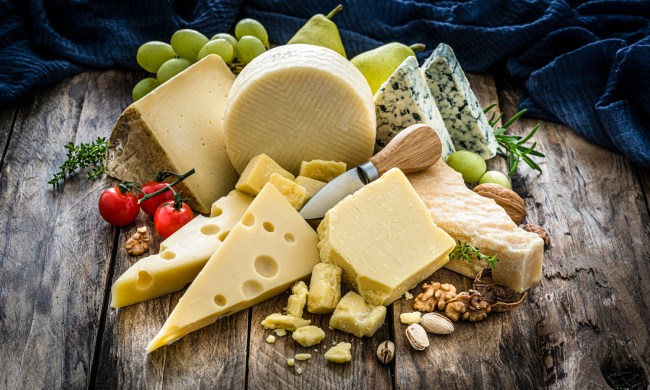While fasting has been practiced for thousands of years, it’s surged in popularity recently thanks to its health and lifestyle benefits. As a trainer and nutritionist, I have worked with numerous clients who are fans of intermittent fasting.
Whether you’re doing it to lose weight, improve focus, or challenge yourself, what you eat after intermittent fasting is just as important as the fast itself. Here’s what to eat (and what to avoid) to break your fast the right way.
What to eat to break a fast
These are some of the best foods to break a fast:
-
Bone broth (hydration + protein)
-
Eggs (easy, complete protein)
-
Fruit like berries & melons (low sugar, hydrating)
-
Fish (protein + omega-3s)
-
Cooked veggies (gentler on digestion)
-
Fermented foods (gut support)
- Avocados (healthy fat, satiating)
Bone broth

Bone broth isn’t particularly filling, so it might not be the most satisfying food to break a fast, but it’s often a great place to start. It’s extremely easy to digest and high in some key nutrients your body needs after fasting.
For example, it’s rich in electrolytes like potassium, sodium, magnesium, and calcium. Electrolytes are important minerals for all kinds of vital processes; they also improve hydration and are required for the digestion and absorption of nutrients like carbohydrates.
After fasting, the main macronutrient the body needs is protein. Although there are storable forms of carbohydrates and fat in the body in muscle, liver glycogen, and adipose (fat) tissue, the only protein storage is skeletal muscle. Prolonged fasting can break down muscle tissue because the body constantly needs protein for many basic functions and biochemical processes. When you’re fasting and not taking in any protein, your body has to break down muscle tissue to access the protein it needs to sustain normal life functions.
Many protein-rich foods, particularly animal flesh, are fairly hard to digest because the proteins have complex, three-dimensional structures that require much work to digest and absorb the individual amino acids. Bone broth is great for breaking a fast because the proteins are already partially broken down, reducing the work the body has to do on its own.
Additionally, much of the protein in bone broth is collagen. Collagen is the most abundant protein in the body and forms a structural component in everything from teeth and skin to muscles, cartilage, and tendons. The body can synthesize collagen by combining the amino acids proline and glycine in a synthesis process that requires vitamin C, zinc, and copper. However, eating foods rich in collagen negates the need for this process, allowing the protein to be readily available for use.
Try to eat natural, organic bone broth; homemade is best. Otherwise, look for pre-packaged organic bone broth without added cream, fat, or excessive salt. You can also simmer it with vegetables such as carrots, broccoli, and dark, leafy green vegetables to add more vitamins and minerals.
Eggs
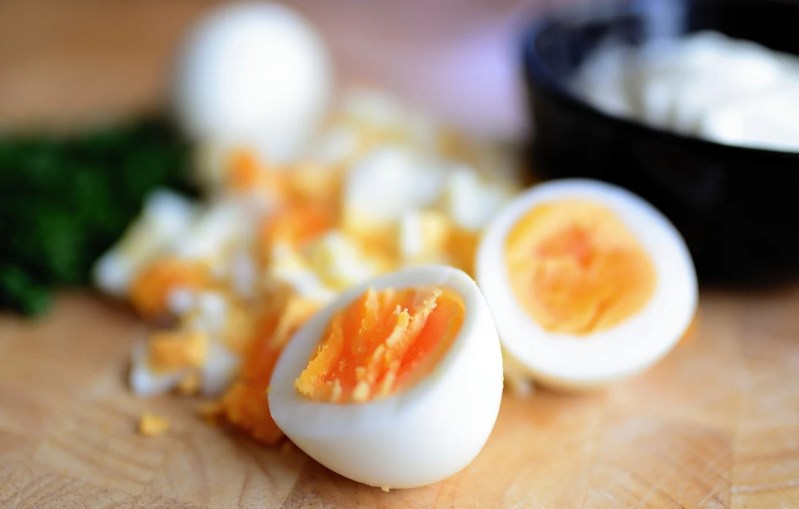
As another high-protein food, eggs are one of the best foods to break a fast. Eggs are a complete source of protein, which means that they contain all nine essential amino acids. They also contain several important vitamins and minerals.
According to the USDA’s FoodData Central, one large, whole, hard-boiled chicken egg contains 78 calories, 6.3 grams of protein, 5.34 grams of fat, negligible carbohydrates and sugar, and small amounts of sodium, calcium, magnesium, potassium, phosphorus, zinc, iron, and selenium.
Eggs also contain a decent amount of vitamin A, vitamin D, folate, and the antioxidants choline, lutein, and zeaxanthin, which support eye health. Antioxidants can reduce inflammation, so breaking a fast with eggs may help augment the potential anti-inflammatory benefits of fasting.
Fruit
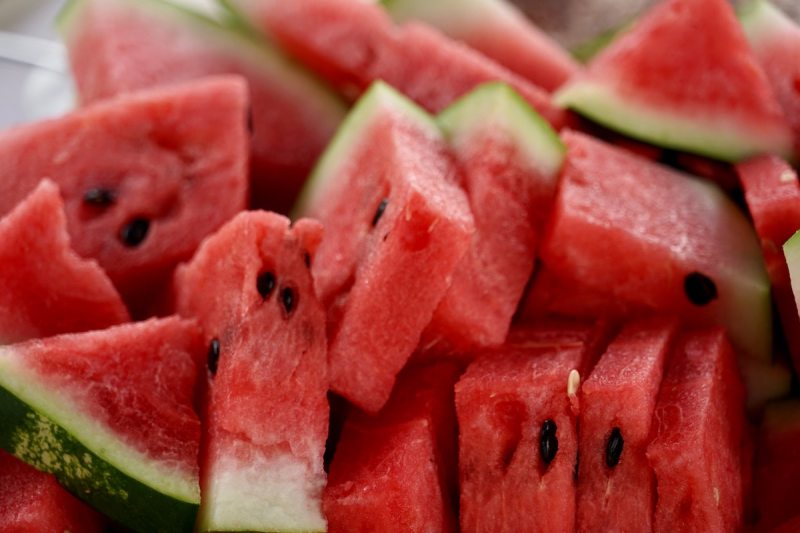
Fruits are high in water, so they can rehydrate after a fast. Even though you should be drinking throughout your entire fast, most people end up being a little bit dehydrated after fasting because it can be hard to keep up with your fluid needs through drinking alone. Additionally, fruits contain vitamins and minerals. The carbs in them are easy to digest, yet the fiber slows the digestion somewhat so that your system isn’t suddenly inundated with huge amounts of sugar.
Eating processed foods or foods high in simple carbohydrates, particularly if you consume too much too quickly after prolonged fasting, can lead to refeeding syndrome. According to an NIH article, refeeding syndrome is “the potentially fatal shifts in fluids and electrolytes that may occur in malnourished patients receiving artificial refeeding.” These fluid imbalances can also occur following a period of fasting. To counteract this, the water and fiber content of fruit helps release a slow, steadier stream of glucose into the bloodstream to help limit the chance of refeeding syndrome.
The best fruits to eat after a fast are low-sugar fruits such as berries, melons, and grapefruit. These fruits are high in vitamin C and water.
Fish
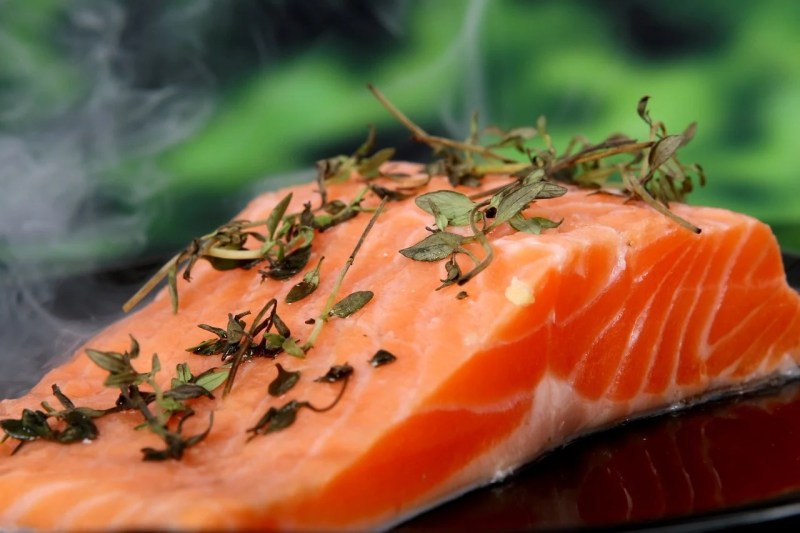
Compared with most other animal proteins, fish is fairly easy to digest, making it one of the best foods to eat after fasting. Fish is packed with protein and other nutrients, such as potassium, vitamin D, and healthy omega-3 fatty acids.
Cooked vegetables

Although raw, fibrous vegetables can cause digestive distress after fasting because they contain a lot of fiber, cooked veggies — particularly stewed or sautéed greens — can be among the best foods to eat after fasting. The cooking process breaks down some cellulose, making the veggies much easier to digest without destroying the essential vitamins, minerals, and antioxidants.
Fermented foods
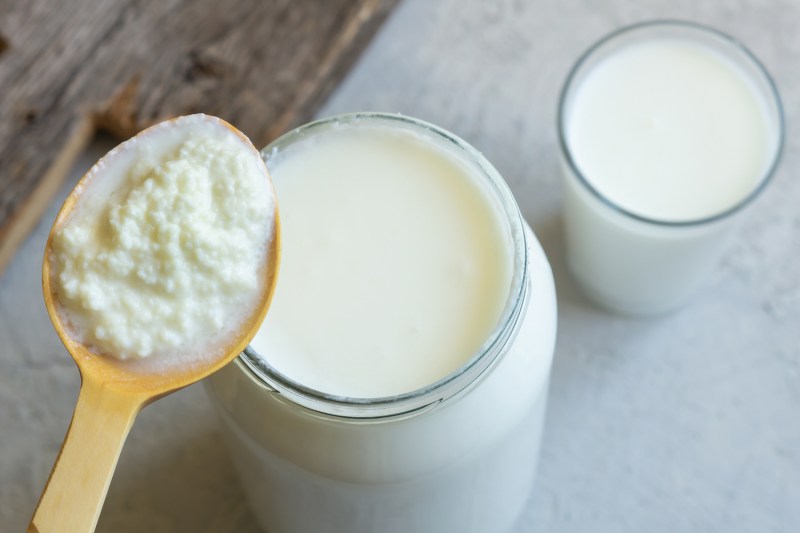
Yogurt, kefir, kimchi, sauerkraut, miso, tempeh, and pickled vegetables undergo fermentation. During fermentation, the natural bacteria in the food break down the sugars and produce lactic acid, which is why fermented foods have a tangy or sour flavor.
Fermented foods are a natural source of probiotics, which are the healthy bacteria in your gut microbiome that help digest food and decrease gut and systemic inflammation. When you eat fermented foods, you help fortify your gut microbiome. This can help improve your digestion.
Because the digestive system can be a little sluggish or may struggle after fasting, fermented foods are among the best foods to eat after fasting to get things moving again. They can also help make everything else you eat more easily digestible.
Avocados
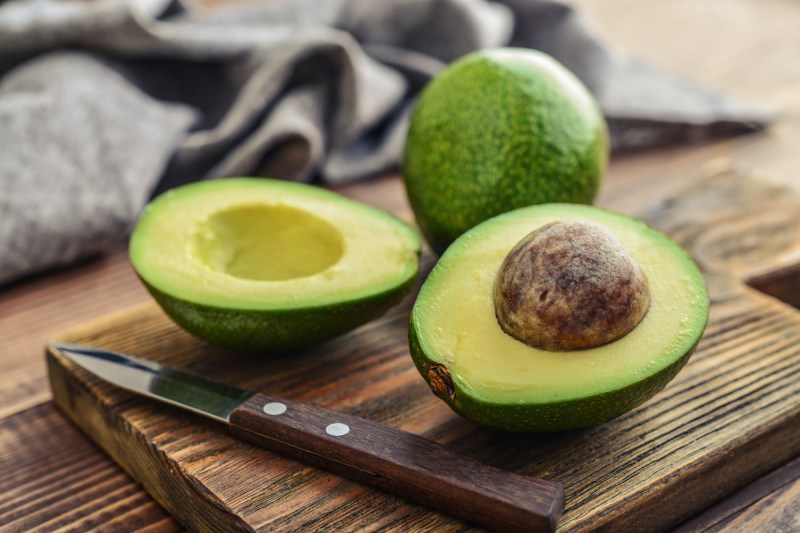
Although foods high in fat and fiber are inherently difficult to digest and can, therefore, be some of the worst foods to eat after fasting, avocado is an exception. Avocado is high in monounsaturated fats, dietary fiber, potassium, magnesium, and copper, as well as vitamins B, C, E, and K. All these are essential nutrients after fasting.
Additionally, avocados can be very satiating. This may help prevent overeating after a fast; people tend to eat too much too quickly after fasting, particularly if they consume processed foods and high-glycemic carbohydrates such as white bread, pasta, bagels, breakfast cereals, cookies, pastries, and jelly.
As a general rule of thumb, the best foods to eat to break a fast are the same ones in any healthy diet. Focus on natural, unprocessed foods. Eat slowly, chew your food, and let your digestive system guide you towards what foods feel satiating but tolerable. After all, there’s no point pushing through a tough fast and then undoing all your hard work by going hog wild with an enormous, highly processed, calorie-laden meal.
Does coffee break a fast?

Although fasting technically involves abstaining from caloric intake, most people consider black coffee to be fine to drink without breaking a fast.
One cup (240 ml) of black coffee only contains about three calories and trace amounts of protein, fat, and minerals. Therefore, drinking one or two cups of black coffee while fasting won’t induce any metabolic changes or take you out of a fasting state. However, adding caloric sweeteners or cream, MCT oil, milk, or grass-fed butter to your coffee will break your fast because these add-ins contain an appreciable number of calories.
There is no scientific research or consensus among the medical community about how many calories break a fast, but if you’re trying to be strict in your fasting, aim to consume virtually no calories aside from a trace number in black coffee and herbal tea.
Some intermittent fasting gurus say that you can consume up to 50 calories and still keep your body in the fasting state, although there is no readily available scientific evidence to either confirm or disprove this idea.
What are the benefits of fasting?
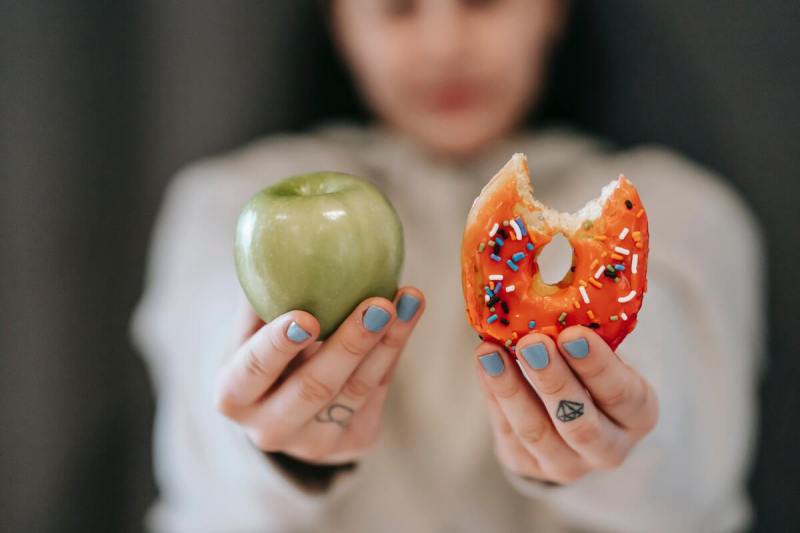
While fasting may not be for everyone, it can potentially deliver some great benefits if you are consistent. Check out the following perks of fasting:
- Weight loss: Fasting can help you lose weight by reducing your calorie intake and increasing your metabolic rate.
- Reduction in inflammation: Fasting can help reduce inflammation throughout the body. The anti-inflammatory effects can be beneficial for people with chronic inflammatory conditions, such as arthritis, inflammatory bowel disease, and asthma.
- Improved blood sugar control: Fasting can help improve blood sugar control, especially in people with diabetes.
- Improved brain function: Fasting can improve cognitive function and protect against neurodegenerative diseases, such as Alzheimer’s.
- Aid with cancer treatment: Some studies show that fasting may help during cancer treatment by fostering conditions that limit the survival, growth, and adaptability of cancer cells.
Fasting tips for beginners

It’s important to note that more research is needed to fully understand the long-term health effects of fasting. Here are some tips for fasting safely and some fasting mistakes to avoid:
- Start slowly and gradually increase the length of your fasts.
- Drink plenty of water and other unsweetened beverages to stay hydrated.
- Eat a healthy diet when you are not fasting.
- Break your fast with a healthy meal or snack.
- Listen to your body and stop fasting if you feel unwell.
If you’re considering fasting for health reasons, it is important to talk to your doctor to make sure it is safe for you, especially if you have any underlying health conditions.
Frequently asked questions

Does chewing gum break a fast?
Sugar-free chewing gum will likely have little impact on your fast since it contains minimal calories and doesn’t significantly change insulin levels. However, gum with sugar may cause a small insulin response. If you are being very strict during your fasting period, avoid gum entirely; for general fasting, sugar-free gum is fine.
Can you drink soda to break a fast?
Yes, you can drink soda to break a fast, but it’s not the ideal choice because it can spike your blood sugar. Instead, choose a healthier option, like electrolytes mixed into water or nutrient-dense foods.
Breaking your fast properly is just as important as the fast itself. Focus on whole, nourishing foods and ease into eating mindfully. Your body will thank you for it.


